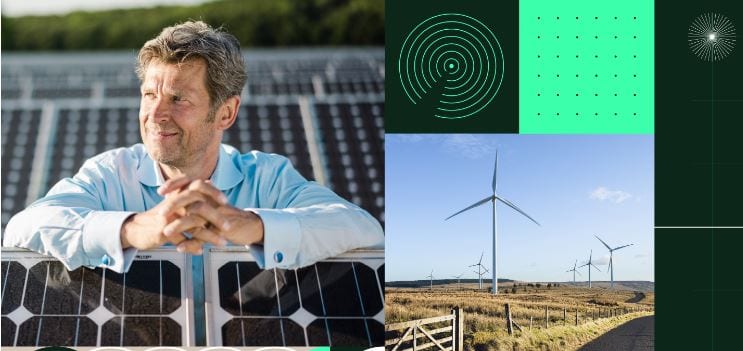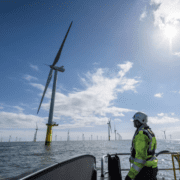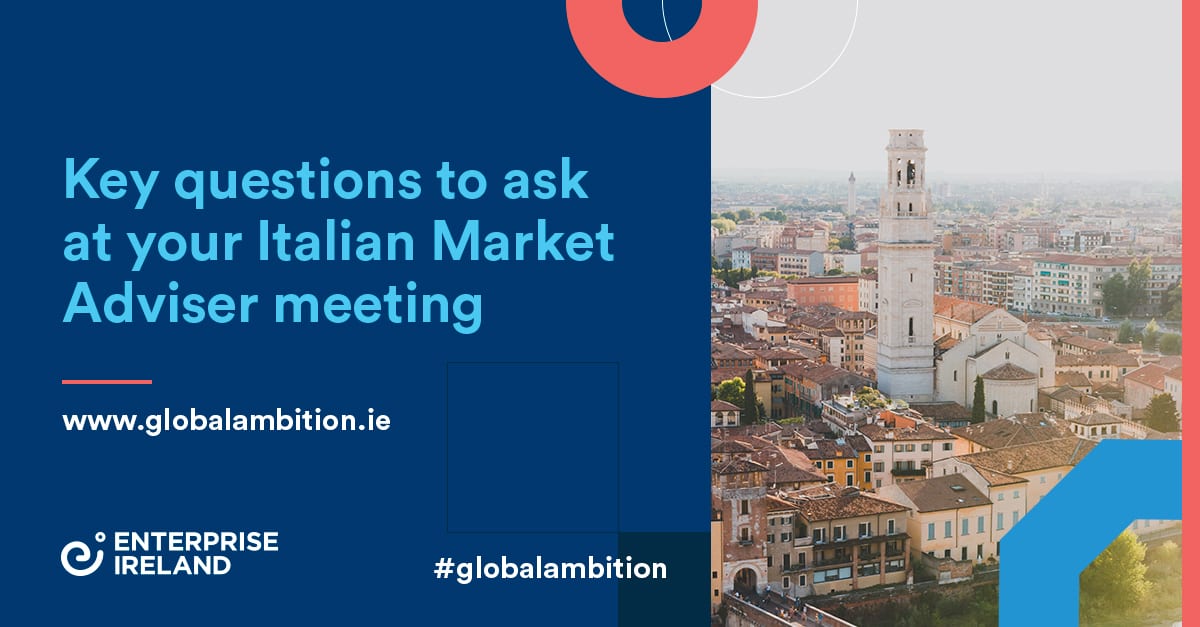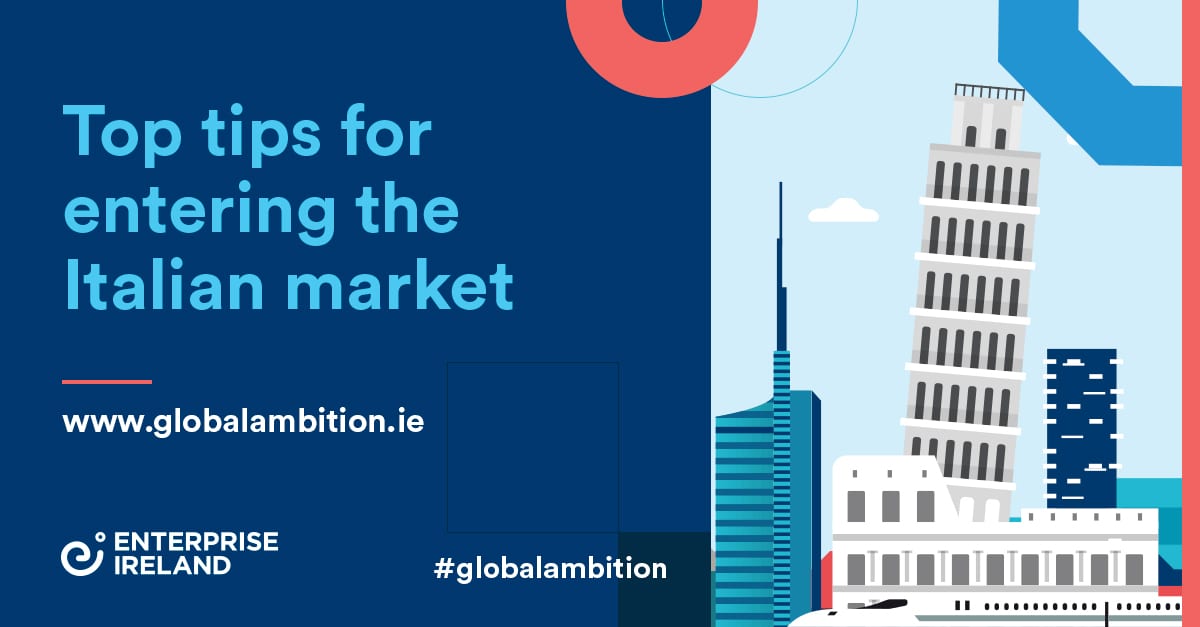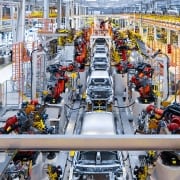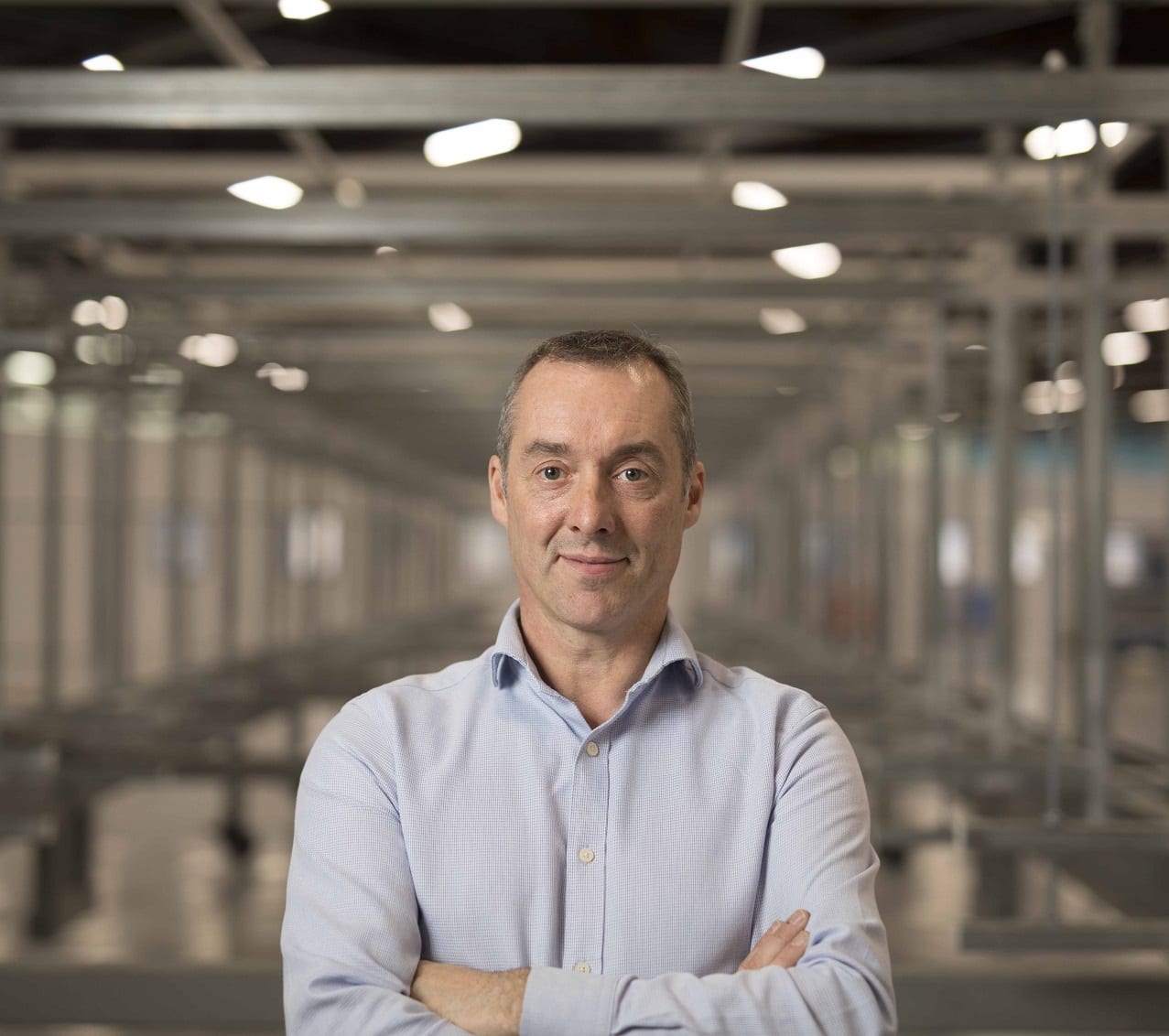- NextGenerationEU represents an opportunity for Irish companies to break into new markets or scale their presence in existing markets
- EU member states are seeking to digitalise their healthcare systems as rapidly as possible, with hundreds of projects set to kick off over the next couple of years
- The Enterprise Ireland Eurozone team can help you find the right healthcare digitalisation projects to target
- Click or scroll down for more information about the healthcare digitalisation market in:
Estimated article reading time: 12 minutes
New EU funding
Across Europe, EU member states are seeking to digitalise their healthcare systems as rapidly as possible over the next three years. This is not only spurred by the pandemic, but also by an extraordinary increase in funding under the €750 billion NextGenerationEU plan, which seeks to build a more resilient Europe.
Two key goals of this plan are to make Europe digital and to make it healthy, with the development of digital healthcare an engine driving both of those. France, for example, is dedicating €2 billion to digital health alone in its national recovery and resilience plan.
“This unprecedented public funding across the EU represents an extraordinary opportunity for Irish businesses,” says Anne Lanigan, regional director, Eurozone at Enterprise Ireland. “Digitalising healthcare is now a core focus across the region, with hundreds of projects set to kick off over the next couple of years.”

Enabling 21st century healthcare
Within the digital goal, the EU wants to see artificial intelligence (AI) being used to improve healthcare and for public services to become digital where possible, taking advantage of 5G and EU-wide ultra-fast broadband.
The EU is also keen for member states to modernise their health systems with better access to new technology and medical supplies, and to invest more in research and innovation to develop vaccines and treatments.
Expanding digital health exports
With significant tranches of funding dedicated to both of these goals in individual member state recovery and resilience plans, this clearly presents a huge opportunity for Irish companies who produce or develop digital health products and services. That’s true whether they want to start exporting or diversify their export markets.
“The opportunities can differ from market to market and there are challenges to overcome,” says Lanigan, “but the message is clear from our offices around the region – strong Irish healthcare players with disruptive, niche or market-leading products, services or components can thrive while taking advantage of NextGenerationEU-funded opportunities.”
Given the need to pursue a market diversification strategy post-Brexit, she adds that it makes sense for companies that want to export or to expand their export activities to look to EU markets and try to take advantage of this huge increase in funded projects.
Priority areas of funding
Telemedicine
Everywhere in Europe, the pandemic has seen a huge surge in telemedicine, remote care and remote monitoring, as both citizens seek to protect themselves and healthcare providers look to maximise resources. This sector is expanding rapidly, meaning that opportunities abound for businesses keen to export.
Optimising data and processes
Across the region, governments are also seeking to optimise processes in healthcare, making the most of software and apps, and aiming for a high level of interoperability and better co-ordination between all the different strands of healthcare systems.
They want to make better use of data, with most countries seeking to introduce or improve digital health profiles, which offer a single source of truth to each citizen and all their healthcare providers.
Other priorities
In most markets, both preventative and personalised medicine, including the use of AI in medicine, are also beginning to boom. As ever, any innovation in medical devices and device components is also going to be of interest to European customers, especially in Germany and Italy.
Innovation in medical imaging is also highly sought after, particularly in France, where it is a core focus. Medical areas in particular focus include: cardiac health; diabetes; oncology; and respiratory diseases.
In some less mature markets, such as Italy, there are also opportunities for companies that can provide innovative solutions around connectivity for healthcare locations and digital skills across the health and medical workforce.
Understanding the challenges
National healthcare systems are never straightforward, and the level and nature of the complexity involved varies from market to market. Most have both public and private healthcare systems running in parallel, although the public/private split varies significantly.
In some countries, such as Germany and Spain, private hospital chains and large insurance companies that offer branded clinics and digital products are significant actors.
While the increase in EU funding is primarily focused on public healthcare, it is worth bearing in mind that a private healthcare company can often make faster decisions and be less hamstrung by legacy and regulatory processes.
Where healthcare is concerned, localisation is important in every market, even in those with a high degree of fluency in English.
The value of local partnership
Those seeking to sell into the public healthcare system in any EU market typically need to work with a local systems integrator, who is used to navigating the complexity of the national system and national tender processes.
“Whether your company is focusing on securing public or private customers, you will need a local partner who understands the healthcare system and you may need a local office or representative,” says Lanigan.
“Part of Enterprise Ireland’s remit is to make introductions locally and to enable Irish companies set up the partnerships they need to succeed. Talk to us and we can help you.”
Digital healthcare: The Irish Advantage
While any Irish company operating in the digital healthcare space needs to offer a standout product or service to gain traction in export markets, the good news is that Irish firms are typically keeping pace with local competitors and can garner market share fast when their offering has the edge over those developed in-market.
Market snapshots
Belgium
Digitalisation of the healthcare system is a huge priority in Belgium, but language and regulatory complexity pose a challenge to exporters.
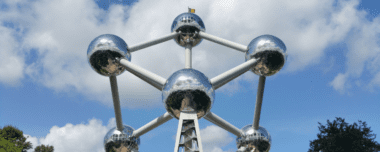
Back to top
France
Determined to lead the region in digital healthcare, France has introduced numerous eHealth initiatives, backed by substantial funding.

Back to top
Germany
With an approvals fast track in place, Germany is committed to digital health but the competitive local scene is hard to crack.

Back to top
Italy
While it has lagged on the digital front, Italy is committed to modernising its healthcare system and is open to external innovation.

Back to top
Netherlands
The Netherlands has not yet submitted a national recovery and resilience plan – the only EU member state not to do so.
With one of the most advanced healthcare systems in the world, the Netherlands has a strong focus on digital health innovation.

Back to top
Spain
While Spain is a fragmented market due to strong regional government, opportunity abounds as digital healthcare is less advanced than elsewhere.

Back to top








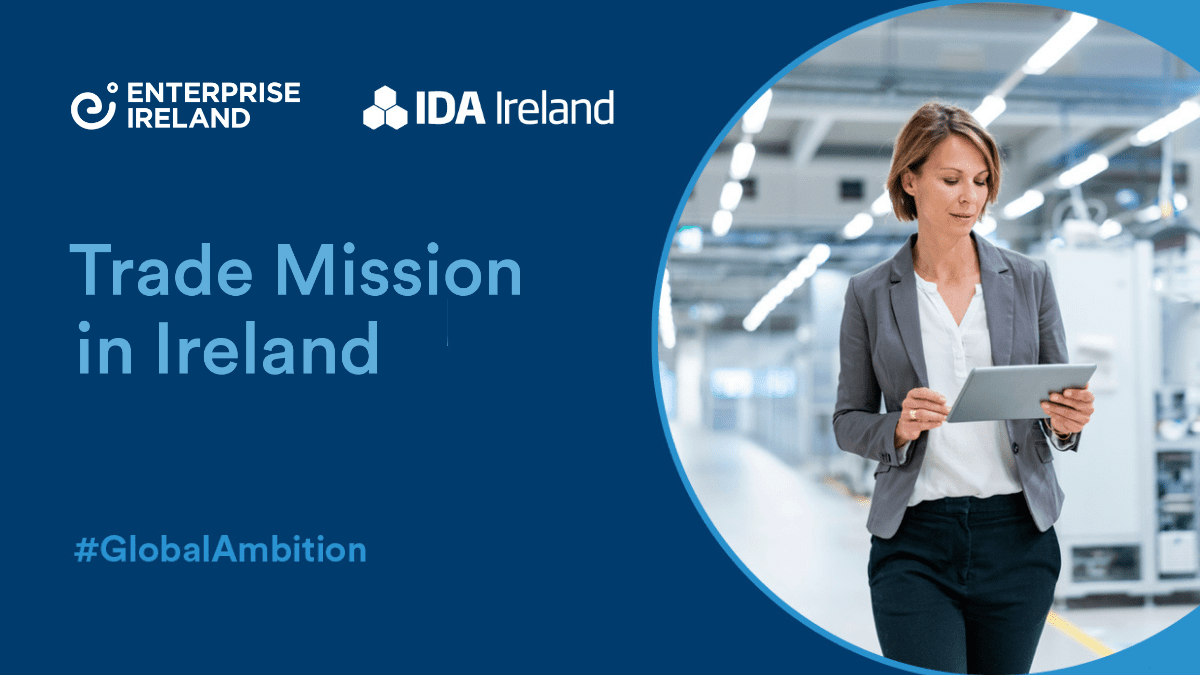 In the not-too-distant past, companies wishing to establish a successful business relationship with firms overseas, would have relied heavily on international travel and perhaps an office or ‘boots-on-the-ground’ in the country in question.
In the not-too-distant past, companies wishing to establish a successful business relationship with firms overseas, would have relied heavily on international travel and perhaps an office or ‘boots-on-the-ground’ in the country in question.


